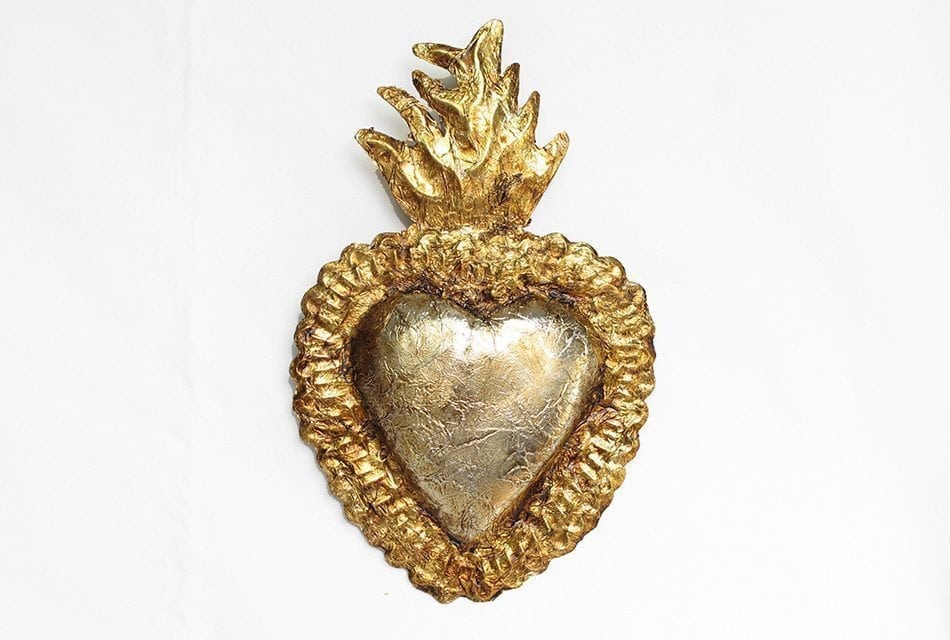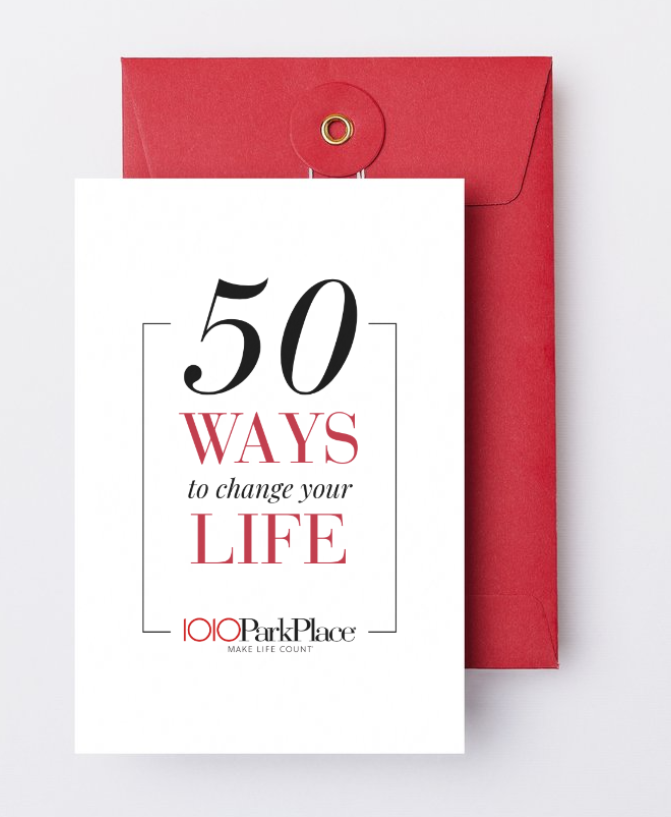Last week another one of my girlfriends lost her husband. I’m devastated for her and their sons. Her husband was a brilliant, funny and beloved professor at a university. The Facebook stories from students, faculty and friends underscore the ways he encouraged and enriched so many lives. At some point, my friend will refer to those stories again and again. They will make her laugh, give her comfort and remind her of the wonderful man with whom she shared her life. Other than the passage of time, nothing will ease her pain. I know how she feels.
Whether we’re 30, 40, 50, or older, nothing prepares us for the death of a spouse. While I can’t take away her shock and anguish, I can share some things that helped me after James died.
1.
Go to bed and get up the same time every day. Force yourself to develop a regular schedule. The outside world still awaits, and whether you want to or not, dealing with it is good therapy.
2.
Exercise daily. Even if you walk to the corner and back, it’s better than doing nothing. It’s easy to stay in bed with the covers over your head, or sit in a chair in front of the TV. Inactivity gives way to depression, making each day more difficult.
3.
Eat a healthy diet. Grieving physically hurts, like you have the flu. I lost a lot of weight after James died. I was never hungry, so it didn’t occur to me to eat. At the other end of the spectrum, comfort foods make us gain weight, which can be just as unhealthy as losing weight.
4.
Ask for help dealing with the Will and settling the estate, even if it’s relatively simple. You have a lot to deal with, and many estate matters are more than you’re mentally prepared to handle.
5.
Find friends who will let you grieve. Grieving is hard work. We can’t put our grief in a jar on the shelf and expect to be fine. Be around people who let you take down your walls. At the same time, be aware of people who may take advantage of your vulnerability.
6.
Don’t make any major decisions for a year. Don’t buy or sell a house, unless you have no choice.
7.
See a counselor, or join a grief group. A huge part of who you are has been ripped away. Many counselors say you can deal with it now, or you can deal with it later. If you confront your grief head on, you’ll be in better shape six months, or a year from now, than someone who doesn’t want to deal with it at all.
8.
Don’t get into a rebound relationship. More than likely, it’s too early to go looking for Mr./Ms. Right. It doesn’t take away the pain, and if you settle for Mr./Ms. Right Now, you may have one more thing to grieve. It’s been four years since James died, and I’m still not interested in finding anyone, and that’s okay, too.
9.
Be mindful of depression. If you think you’re depressed, regardless of the cause, ask your doctor for a referral to someone you can talk to. Don’t tough it out alone.
10.
Grieving is a yo-yo process. Don’t be surprised if grief and sadness washes over you years after your loss. It doesn’t mean you’ve taken a step backwards. It means you’re human.
While family, friends, grief groups and God can help you through this time, only you can walk this road. It’s one of the most difficult things you’ll ever do, and you may be on autopilot most of the time, but I’m here to tell you, “You will survive.” Tell yourself, “I can do this.” Know in your heart that your spouse wants good things for you. Don’t let the memory of “what was” keep you from finding “what could be.”








14 thoughts on “10 Ways To Cope With Losing A Spouse”
Thank you. Funny how things come at the right time. I first lost a marriage of what I thought it was, to find out I was the only one that had said, “I do”. There was a lot of big mile stones going on so I didn’t have time to deal with this issue. My son was in college and graduating from high school and I was still taking care of my mother. I couldn’t just pull up roots and move everyone. Same year I lost my dad, four months later I lost my mom and then four months later I had to put my moms dog down. Two years later I am finally trying to come to grips and examine all this information.
Thank you for this article. It will be helpful.
Oh Jamie! You’re dealing with a lot. I’m sorry. It’s never to late to grieve for the loss of a relationship or to get help with issues you’re dealing with. Instead of “take two aspirins,” Belleruth Naperstek’s Guided Imagery audios are my go-to for just about everything. I’ve been using them since I had breast cancer 10 years ago. She’s very well thought of and has audios on many topics. Here’s a link to one of my blogs about her and her audios. You can download them to your favorite device. bit.ly/1y5ZzD1
Brenda, This good solid advice and a beautiful gift to those who are grieving. I have also found that spending time in front of the Blessed Sacrament and praying the Stations of the Cross gives me fortitude in coping (one does not need to be Catholic to do this). May God bless you!
Hi Michelle,
There’s not a “one size fits all” for grieving, but I’ve learned–the hard way–these things helped me. I’m also a woman of faith, so God is always with me.
Blessings to you as well.
Brenda
Brenda, your blog is very insightful and so true. I have been on the same journey and so have several of my friends and your advice is spot on.
Elaine,
Statistically, women outlive men. We know that, going in, but it doesn’t make it any easier, does it? I’m always saddened when I learn someone’s lost their spouse. How are you doing? How long ago?
xoxo,
Brenda
Well written and great advice Brenda – – I am sorry that you had to go through this twice! Losing a loved one is so difficult. I have found also that men and women grieve so differently. May all that experience such tragic losses eventually find peace and comfort.
Hi Elaine!
Great to see you here! I think you’re right about the differences in the men and women grieve. I don’t know the statistics, but think widowers are more inclined to remarry than are widows. At least that’s been the experience with people I know. Perhaps that’s because men are used to being taken care of, as in fussed over, dinner fixed for them, etc. In all fairness, I know a lot of men who share those duties. James was great at that.
Brenda
Excellent tips. I lost my husband when I was 47 years old to cancer. It’s definitely not easy. All of your tips were spot on.
I’m sorry you know what it’s like to lose a spouse. At lunch today, I was talking to someone about how a sudden, unexpected death has different grieving heartaches than death from a prolonged illness. My first husband died of cancer, and I had a year to come to terms that he wasn’t going to survive. James’s death, out of the blue, hit me much harder. We’re strong women though, aren’t we, to have made it through to the other side?
Good tips Brenda. I lost my spouse seven years ago and followed some of these suggestions.
Hi Judy!
So glad to see you here! While I’m sorry your spouse died, it’s good confirmation that my suggestions resonated with you.
XOXO,
Brenda
Your writer’s voice, Brenda is very calm and reassuring. And, once again we meet up in our common grief experiences. I’ve been working the last two days on a presentation about grief and spirituality that I will deliver at my alma matter on Saturday. These are wonderful tips. One of my writer friends, here, has written a book about losing her husband. It’s called Remember the Dragonflies by Kathy Rhodes.
Leisa,
I appreciate that. Thank you. I know you’ll do a great job Saturday. It’s a hard topic, but when it’s delivered by someone who’s been there, it carries more weight. Thanks for the Kathy Rhodes reference.
Brenda
Comments are closed.